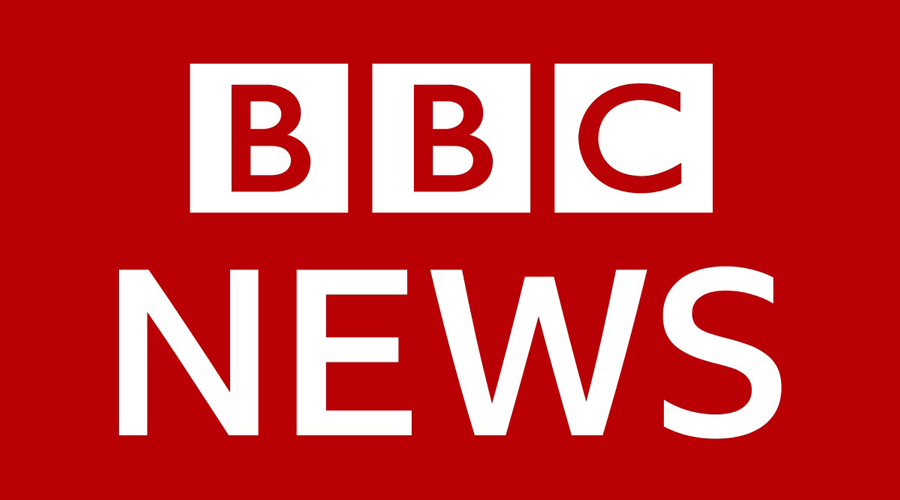As Russia is trying to cut off the flow of information in Ukraine by attacking its communications infrastructure, the British news outlet BBC is revisiting a broadcasting tactic popularised during World War II: shortwave radio.
The BBC said this week that it would use radio frequencies that can travel for long distances and be accessible on portable radios to broadcast its World Service news in English for four hours a day in Kyiv, the Ukrainian capital, and in parts of Russia.
“It’s often said truth is the first casualty of war,” Tim Davie, director-general of the BBC, said in a statement. “In a conflict where disinformation and propaganda is rife, there is a clear need for factual and independent news people can trust.”
On Tuesday, Russian projectiles struck the main radio and television tower in Kyiv. Oleksii Reznikov, Ukraine’s defence minister, wrote on Twitter that Russia’s goal was “to break the resistance of the Ukrainian people and army”, starting with “a breakdown of connection” and “the spread of massive FAKE messages that the Ukrainian country leadership has agreed to give up.”
Shortwave radio has been a go-to vehicle to reach listeners in conflict zones for decades; it was used to deliver crackling dispatches to soldiers in the Persian Gulf war, send codes to spies in North Korea and pontificate through the Iron Curtain during the Cold War. But more modern forms of radio along with the Internet eventually pushed shortwave out of favour; the BBC retired its shortwave transmissions in Europe 14 years ago.
Over the last week of February, viewership of BBC’s Ukrainian language site more than doubled from a year earlier to 3.9 million visitors, the broadcaster said on Wednesday.
The BBC also provides news coverage in the country via its website, YouTube, Facebook, Twitter, Telegram, Viber and Espreso TV.
Millions of Russians are also turning to the BBC, the broadcaster said. The audience for the BBC’s Russian language news website reached a record 10.7 million in the past week, more than tripling its weekly average so far in 2022, the company said. Visitors to BBC’s English language website from within Russia surged 252 per cent to 423,000.
Within the country, BBC also posts updates on Telegram, Instagram, Facebook and YouTube. Other western news outlets have also experienced a surge in viewership. Visits to The Guardian’s digital platforms from Russian and Ukrainian audiences were up 180 per cent from January.
The BBC’s coverage has led to complaints from Russian officials.
Maria Zakharova, the spokeswoman for Russia’s foreign ministry, said during a briefing broadcast by RT, the Kremlin-backed Russian media outlet, that Russia was the victim of “unprecedented information terrorism” that was “devoted to discrediting Russian actions” and “creating hysteria around Ukrainian events”.
The BBC “plays a determined role in undermining the Russian stability and security”, Zakharova said, without providing evidence.
Early Friday, BBC’s Russian service reported problems accessing its site in Russia.
(New York Times News Service)











